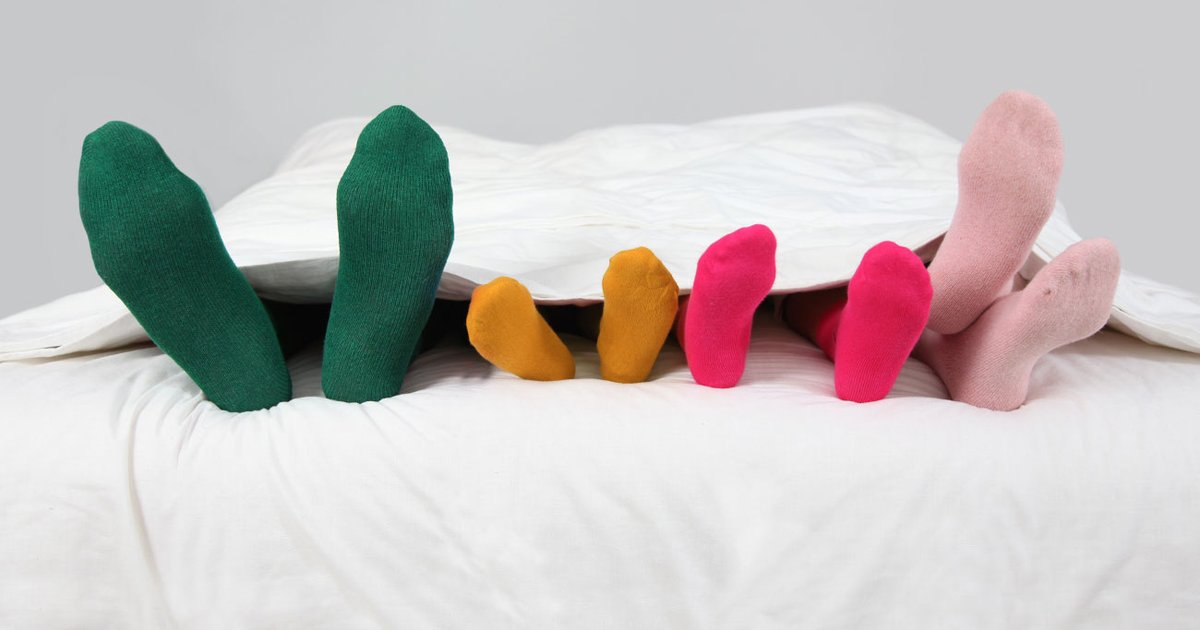With these glasses the blind can see again!
Scientists have developed glasses that allow the blind to see again.
One of many people’s biggest fears: going blind. Or worse, slowly going blind. Then you know that you lose all your sight, but you have to learn to live with that while you can still see. Terrible. Scientists have now developed a technique that allows people with impaired vision to see again.
Technology for which technology is intended
Have an app that allows you to follow friends. Nice course and also good technique. But solving blindness or other physical problems with technology, that’s great, of course. The University of Pittsburgh Medical Center and the startup GenSight Biologics conducted a study on how to help with blindness. One of these conditions that causes people to go blind is called Retinitis Pigmentosa. A volunteer who has this has signed up to participate in the study and the results are amazing.
Blind people can see through glasses again
Optogenetics, as the name implies, combines optics and genetics, allowing researchers to control individual, in vitro neurons with visible light. It’s all complicated, but the researchers went further with this. By injecting a gene isolated from a light-sensitive type of green algae into one of the patient’s eyes. “These proteins are found in algae, capture light and trigger an electrical response that allows the algae to move towards or withdraw from light, and it’s a single protein, so it’s a very fast response,” he said. the researchers.
This is most responsive to light with a wavelength of 590 nm (amber), and that light must be bright to activate the protein — much brighter than ambient lighting can generally produce. “It doesn’t respond to low light levels and doesn’t adapt to different light levels in the normal retina,” the scientists complained.
That’s why Gensight has developed a patented goggle that collects image data from a built-in event camera and beams a high-intensity, 590 nm wave light directly into the patient’s eyes. The tests are hopeful, the volunteer has a better view. The researchers are now continuing development to perfect it.




